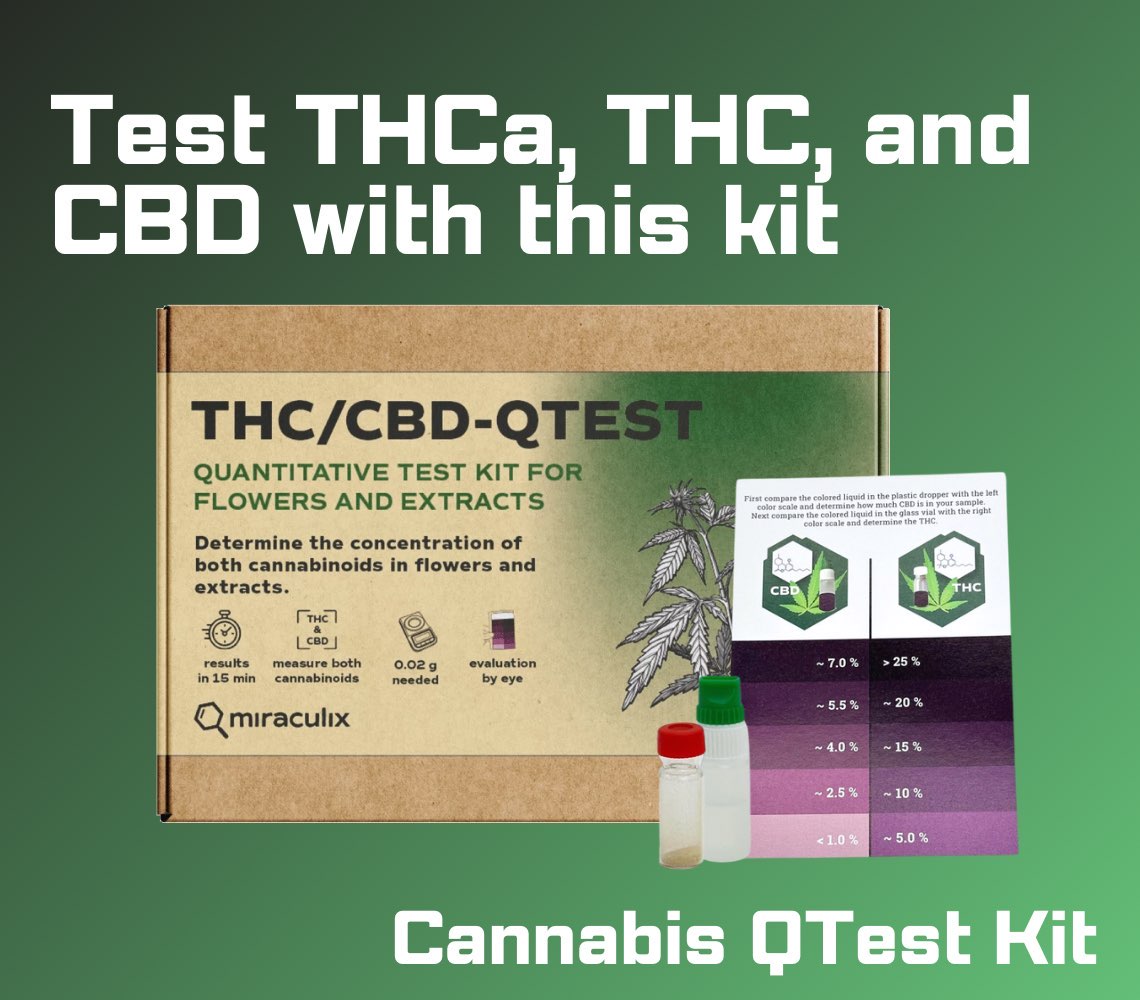The 2018 Farm Bill, formally known as the Agriculture Improvement Act of 2018, marked a pivotal moment in the history of cannabis legislation in the United States. Among its broad-ranging provisions, the bill federally legalized hemp, a variety of the Cannabis sativa plant species, and its derivatives, thus distinguishing them from their psychoactive cousin, marijuana. This distinction was based on the concentration of delta-9-tetrahydrocannabinol (THC), the primary psychoactive compound in cannabis. Under the bill, hemp was defined as cannabis and its derivatives containing no more than 0.3% delta-9 THC on a dry weight basis. This seemingly small legal distinction opened the door to the development and widespread distribution of a range of psychoactive hemp products, most notably those containing delta-8 THC.
The 2018 Farm Bill’s Legal Loopholes for Psychoactive Hemp Products
Legal Loophole for Psychoactive Compounds
The legalization of hemp under the 2018 Farm Bill inadvertently created a legal loophole for psychoactive compounds that are structurally similar to delta-9 THC but not explicitly covered under the Controlled Substances Act (CSA). Among these compounds, delta-8 THC has emerged as the most prominent.
- What is Delta-8 THC? Delta-8 THC is a minor cannabinoid that naturally occurs in small amounts in cannabis plants. However, manufacturers have found ways to produce it in significant quantities by chemically converting CBD, a non-psychoactive compound abundant in legal hemp.
- Why is Delta-8 THC Legal? Since delta-8 THC is derived from hemp and the 2018 Farm Bill does not explicitly restrict cannabinoids other than delta-9 THC, products containing delta-8 THC have entered the market as legal psychoactive substances. This has led to a proliferation of products such as vapes, gummies, and tinctures that induce psychoactive effects similar to those of delta-9 THC—albeit often described as less potent.
Key takeaway: The 2018 Farm Bill’s narrow definition of hemp created an opening for hemp-derived cannabinoids like delta-8 THC to exist in a legal gray area.
Regulatory and Legal Challenges
The rise of delta-8 THC and other novel cannabinoids has exposed significant regulatory gaps and raised legal ambiguities. Federal agencies have struggled to clarify the status of these substances:
- DEA’s Interim Rule: The Drug Enforcement Administration (DEA) issued an interim final rule suggesting that synthetically derived tetrahydrocannabinols remain controlled substances. However, this raised questions about whether delta-8 THC, derived through chemical conversion, qualifies as “synthetic.”
- FDA Warnings: The U.S. Food and Drug Administration (FDA) has issued warnings about the safety and labeling of delta-8 products, highlighting public health risks from contaminants and misrepresented potency.
State-level responses have been highly varied:
- Some states have explicitly banned delta-8 THC and similar compounds.
- Others regulate them similarly to delta-9 THC products.
- Many states remain undecided, grappling with how to classify and control these products.
Key takeaway: The lack of uniform regulations has created a patchwork of state laws, adding to the confusion for consumers and businesses.
Impact on Consumers and Industry
The 2018 Farm Bill has had far-reaching effects on both consumers and the hemp industry:
- For Consumers:
- The availability of psychoactive hemp products has expanded access to cannabinoids but also introduced risks related to safety and quality control.
- Unlike the tightly regulated cannabis markets in legal states, the hemp-derived cannabinoid market operates with relatively little oversight. This can result in products with inaccurate labeling, contaminants, or inconsistent potency.
- Concerns have also been raised about the accessibility of psychoactive products to minors.
- For the Hemp Industry:
-
- The emergence of delta-8 THC and other cannabinoids has opened new markets and opportunities for innovation.
<liHowever, it has also invited increased scrutiny and regulatory uncertainty, which may hinder the broader growth and acceptance of the hemp industry.
-
- Impact on Medical Cannabis Programs:
- In states like Texas, where medical cannabis programs are already highly restrictive, the widespread availability of delta-8 THC products has complicated efforts to regulate access to cannabis.
- Texas’s Compassionate Use Program allows for low-THC cannabis (less than 1% THC) to treat specific medical conditions. However, with delta-8 THC easily accessible on the open market and often more affordable, many consumers turn to these unregulated products instead of seeking approval for medical cannabis.
- This has undercut the medical cannabis industry’s ability to grow and serve patients effectively while raising concerns about product safety and consistency.
Key takeaway: The rise of psychoactive hemp products has provided new opportunities but also highlighted the need for greater transparency, quality control, and regulation, while complicating established medical programs.
Looking Forward
The unintended consequences of the 2018 Farm Bill underscore the complexities of cannabis regulation in a rapidly evolving marketplace. As lawmakers, regulators, and industry leaders work to address these challenges, several trends are likely to emerge:
- Increased Regulatory Clarity: Federal and state agencies will need to define clear rules around hemp-derived cannabinoids like delta-8 THC.
- State-Level Legislation: States will continue to take varying approaches, creating a mix of bans, regulations, and permissive laws.
- Focus on Safety and Transparency: Greater emphasis on product testing, labeling, and consumer education will be critical to ensuring public health and trust.
- Ongoing Debate: The balance between fostering innovation, ensuring consumer safety, and maintaining legal access will remain a key topic of discussion.
The Bottom Line
The 2018 Farm Bill opened a door few expected—a path for psychoactive hemp products like delta-8 THC to flourish in a legal gray area. While this has provided consumers with new options and the hemp industry with new revenue streams, it has also highlighted gaps in regulation, safety, and oversight. Moving forward, the focus will likely shift to bridging these gaps, ensuring both innovation and consumer safety can coexist in the rapidly evolving cannabis landscape.
Stay informed, stay safe, and advocate for transparency in hemp and cannabis products.
Cannabis Testing
For at-home testing options, it is possible to test your cannabis for potency with our Cannabis QTest Kit. This single-use test kit separately determines the percentage of both THC and CBD in your cannabis material, extracts, and vape pens. It is also possible to use it with THCA in flower, bud, extract, and vape form.
We also offer potency testing for cannabis through our mail-in lab service, Transparency Testing. Our Basic Purity Analysis analysis will report the amount of THC, CBD, moisture, and water activity in your sample. Currently, we do not test for terpenes, heavy metals, etc, but we are hoping to offer full cannabinoid and terpene analysis in the near future.




